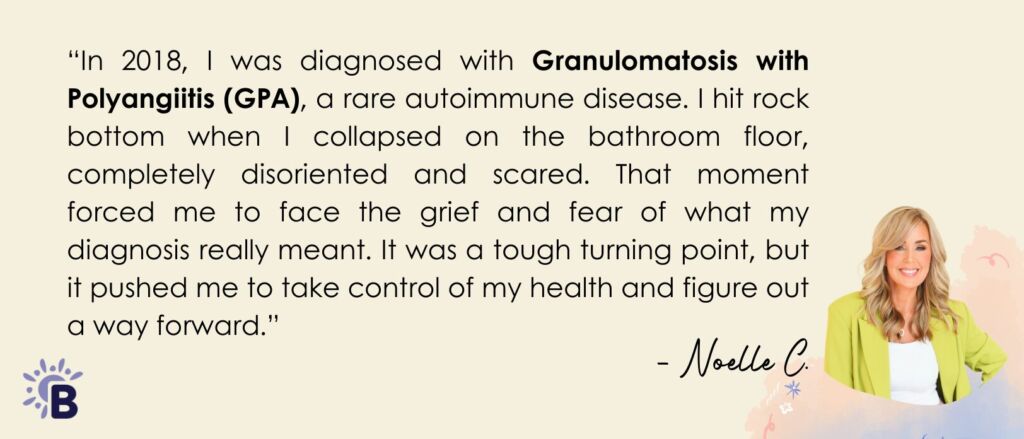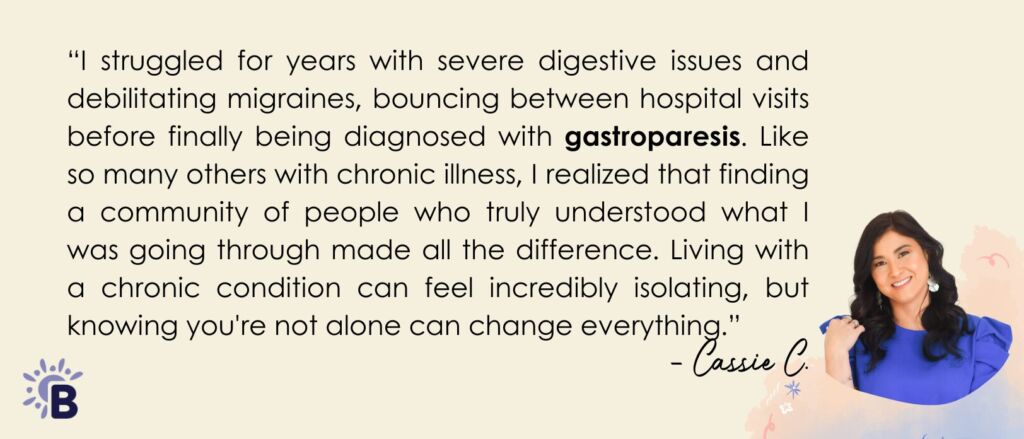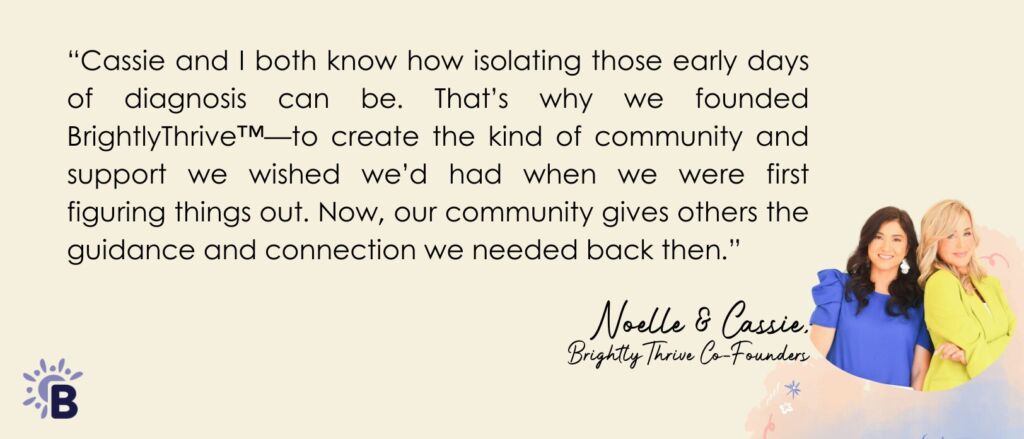
Understanding Your Autoimmune Disease Diagnosis: What Comes Next?
Receiving an autoimmune disease diagnosis can feel overwhelming, both emotionally and physically.
You may experience a mix of emotions—ranging from shock and confusion to relief at finally understanding what has been happening to your body.
While an autoimmune disease diagnosis can be daunting, it’s also the first step toward regaining control of your health.
In this blog, we’ll explore three essential steps to help you navigate your diagnosis.
1. Processing the Diagnosis: Emotional and Practical First Steps
Hearing your autoimmune disease diagnosis can be a life-changing moment. It’s completely normal to feel a wave of emotions—from disbelief and frustration to sadness and fear. The key is to allow yourself to fully process these feelings.
Acknowledge your emotions: After receiving an autoimmune diagnosis, it’s important to recognize the emotional impact it can have.

Seek support: As you come to terms with your autoimmune diagnosis, don’t hesitate to reach out for support.

Get informed: Once the initial shock of your autoimmune diagnosis settles, understanding your condition is the next practical step. Like Noelle, who became deeply invested in researching her condition and even went back to school to earn health and wellness certifications, you can empower yourself through knowledge.
Ask your healthcare provider key questions about your autoimmune disease:
- What symptoms should you monitor?
- What is the expected progression of your condition?
- What treatment options are available?
Understanding your disease will help you feel more in control and better equipped to manage your health moving forward.
2. Developing a Personalized Treatment and Lifestyle Plan
An autoimmune disease diagnosis typically calls for a combination of medical treatment and lifestyle adjustments. The good news is that with the right plan, many people successfully manage their symptoms and lead fulfilling lives.
Work with your healthcare team: After receiving your autoimmune diagnosis, collaborating with your healthcare team to create a personalized treatment plan is essential. This plan may include medications like immunosuppressants or anti-inflammatories to control symptoms and prevent flare-ups. Noelle mentions how crucial early treatment was for her, with a combination of steroids and chemotherapy infusions that helped manage her condition.
Lifestyle changes: Managing an autoimmune condition goes beyond medical treatments. Cassie recalls how cutting out inflammatory foods and changing her diet transformed her health. However, she soon realized that nutrition was just one piece of the puzzle. Addressing job satisfaction, managing stress, and finding balance in all aspects of life became equally important to her overall well-being.
Incorporating stress management techniques, like meditation or gentle yoga, alongside dietary changes can greatly improve how you feel.
Regular check-ups and monitoring: Your autoimmune diagnosis means that regular medical check-ups will become a vital part of your routine. These appointments help monitor your symptoms, adjust your treatment plan if necessary, and track key health markers like inflammation levels. Staying proactive with your health allows you to stay ahead of potential flare-ups and changes.
3. Building a Strong Support System and Advocating for Yourself
Living with an autoimmune disease diagnosis becomes much more manageable when you have a strong support system and are prepared to advocate for your needs.
Join support groups: Connecting with others who share your experience can be incredibly valuable after receiving an autoimmune diagnosis.

Advocate for yourself: As someone living with an autoimmune condition, learning to advocate for yourself is crucial. This includes communicating openly with your doctors, sharing what’s working and what isn’t, and asking questions until you fully understand your condition and treatment options.
Continue educating yourself: Your autoimmune diagnosis is just the beginning of your journey, and it’s important to stay informed. Continue researching your condition, learn about the latest treatment developments, and explore new ways to improve your quality of life. The more you know, the better you can manage your condition and make decisions that support your well-being.
Conclusion
Receiving an autoimmune disease diagnosis can feel overwhelming, but it’s also the first step toward understanding your health and finding ways to manage it effectively. By allowing yourself time to process the emotional impact, working with your healthcare team to develop a personalized treatment plan, and building a strong support system, you can approach this new chapter with clarity and confidence. Remember, managing an autoimmune condition is a long-term journey, but with the right knowledge, support, and self-advocacy, you can thrive. You’re not alone in this, and there are plenty of resources to help you navigate your path to better health.

References
Who Am I Now?: Living with an Autoimmune Disease | HSS. (n.d.). Hospital for Special Surgery.
https://www.hss.edu/conditions_who-am-i-now-living-with-autoimmune-disease.asp
Munoz, G. E. (2022, August 8). Lifestyle changes may minimize inflammatory cascade associated with autoimmune disease. Healio. https://www.healio.com/news/rheumatology/20220808/lifestyle-changes-may-minimize-inflammatory-cascade-associated-with-autoimmune-disease
TAGS:
CATEGORIES:






